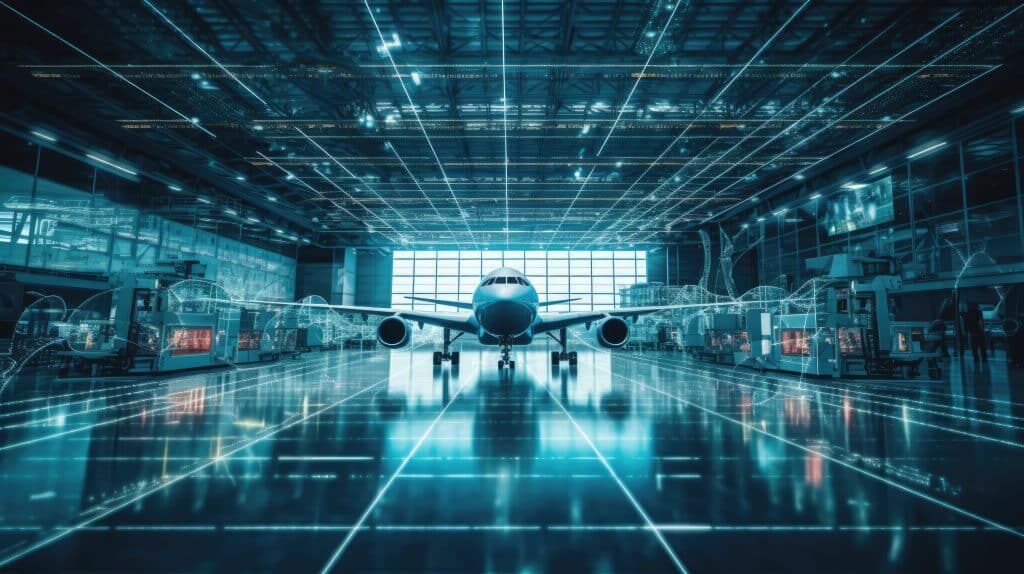As technology soars to new heights, the integration of AI in satellite health monitoring emerges as a pivotal advancement for the aerospace industry. This innovative technology promises to enhance the longevity and functionality of satellites, ensuring they continue to operate efficiently in the harsh environment of space. With AI at the helm, satellite health monitoring is set to revolutionize our approach to space exploration and utilization.

The Role of AI in Satellite Health Monitoring
Understanding the importance of AI in satellite health monitoring is crucial for anyone interested in the future of aerospace. Satellites are complex machines that require constant monitoring to function optimally. AI plays a vital role in this process by providing real-time data analysis and predictive maintenance. This not only enhances the operational efficiency of satellites but also extends their lifespan significantly.
Benefits of AI in Satellite Health Monitoring
Optimized Performance
The use of AI allows for the continuous assessment of a satellite’s condition. By analyzing data from various sensors, AI can detect anomalies early, allowing for timely interventions. This ensures that satellites perform at their best, reducing the risk of unexpected failures.
Predictive Maintenance
One of the standout features of AI in satellite health monitoring is its ability to predict potential issues before they occur. By using historical data and machine learning algorithms, AI can forecast when a component might fail, allowing for proactive maintenance. This shift from reactive to predictive maintenance is a game changer for the aerospace industry.
Cost Efficiency
By minimizing the risk of satellite malfunctions and extending their operational life, AI contributes to significant cost savings. The reduced need for emergency repairs and replacements translates into lower operational costs, making the deployment and management of satellites more economically viable.
AI and Space Exploration
The integration of AI in satellite health monitoring also has profound implications for space exploration. As we venture further into space, the ability to monitor and maintain spacecraft efficiently becomes increasingly important. AI provides the tools necessary to ensure that our satellites and spacecraft remain operational, even in the most challenging environments.
Challenges and Considerations
While the benefits of AI in satellite health monitoring are clear, there are also challenges to consider. The implementation of AI requires significant investment in technology and infrastructure. Additionally, ensuring the security and reliability of AI systems is paramount to prevent potential malfunctions or cyber threats.
Future Prospects
The future of AI in satellite health monitoring is bright. As technology continues to evolve, we can expect even more sophisticated AI systems that will further enhance our ability to monitor and maintain satellites. The continued development of AI will undoubtedly play a crucial role in shaping the future of space exploration and the aerospace industry as a whole.
Conclusion
The integration of AI in satellite health monitoring is a transformative step forward for the aerospace industry. By optimizing performance, enabling predictive maintenance, and enhancing cost efficiency, AI is set to play a pivotal role in the future of satellite technology and space exploration.

FAQ
What is AI in satellite health monitoring?
AI in satellite health monitoring refers to the use of artificial intelligence to monitor and maintain the operational health of satellites. It involves analyzing data from various sensors to detect anomalies and predict potential issues before they occur.
How does AI improve satellite performance?
AI improves satellite performance by providing real-time data analysis and predictive maintenance. This ensures that satellites operate at their best, reducing the risk of unexpected failures.
What are the challenges of using AI in satellite health monitoring?
The challenges of using AI in satellite health monitoring include the need for significant investment in technology and infrastructure, as well as ensuring the security and reliability of AI systems.
For more information on AI in aerospace, visit Aviation Week’s article on AI in aerospace.

